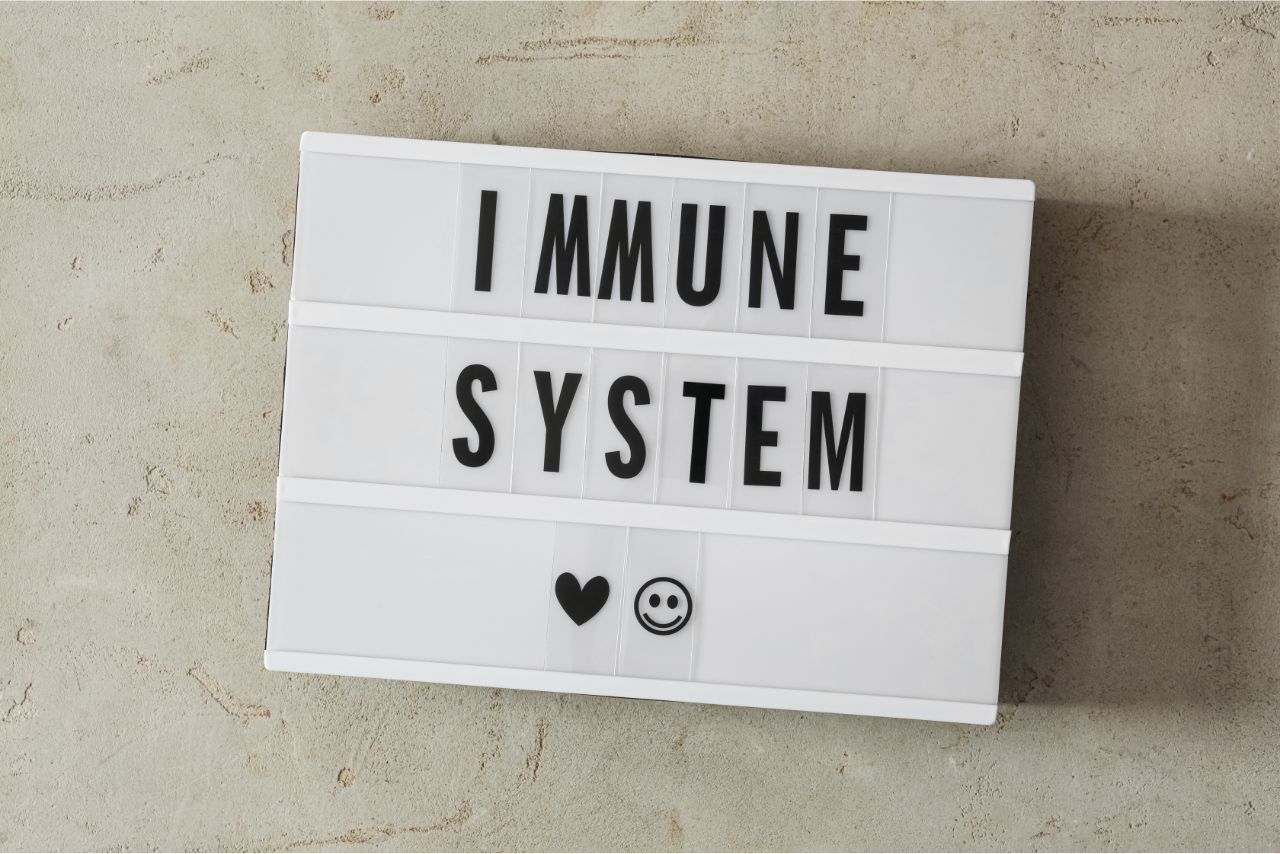Do you ever wonder why alcohol weakens your immune system?
It's important to understand the effects of alcohol on your body's defense mechanisms. When you consume alcohol, it impairs the function of your white blood cells, making it harder for them to fight off infections.
Additionally, alcohol increases your susceptibility to infections and can cause inflammation, further compromising your immunity.
Understanding these interactions can help you make informed decisions about alcohol consumption and prioritize your health.
Alcohol and Immune System Interactions
When you consume alcohol, it can interact with your immune system in various ways. One of the key interactions is the effect of alcohol on the cytokine response. Cytokines are molecules that play a crucial role in immune system communication and regulation. Alcohol has been shown to disrupt the normal production and function of cytokines, leading to an impaired immune response. Research has demonstrated that alcohol can suppress the production of certain cytokines, such as interferons and tumor necrosis factor-alpha, which are important for fighting off infections and tumors. This suppression can weaken the immune system's ability to mount an effective defense against pathogens.
Additionally, alcohol can also impact antibody production, another essential aspect of the immune system's defense mechanism. Antibodies are proteins produced by the immune system in response to the presence of foreign substances, such as bacteria or viruses. Studies have indicated that alcohol can hinder the production of antibodies, particularly immunoglobulin A, which is responsible for protecting the mucosal surfaces of the body. This impairment can compromise the body's ability to defend against pathogens that enter through the respiratory or gastrointestinal tracts.
Impaired White Blood Cell Function
To understand the impact of alcohol on your immune system, it's important to recognize the impairment of white blood cell function. White blood cells play a crucial role in defending your body against harmful pathogens and infections. However, alcohol consumption can significantly affect the function of these important immune cells.
Here are four ways in which alcohol impairs white blood cell function:
- Decreased production: Alcohol can reduce the production of white blood cells in your bone marrow, leading to a lower number of these cells available to fight off infections.
- Altered cell signaling: Alcohol can disrupt the communication between white blood cells, impairing their ability to coordinate an effective immune response.
- Impaired phagocytosis: Phagocytes are a type of white blood cell that engulfs and destroys pathogens. Alcohol can hinder their ability to efficiently carry out this process, leaving your body more susceptible to infections.
- Reduced vaccine efficacy: Alcohol can weaken the effectiveness of vaccines by impairing the production of antibodies, which are crucial for providing immunity against specific pathogens. This can increase your risk of contracting vaccine-preventable diseases.
Understanding the impact of alcohol on white blood cell function is essential, as it not only affects your immune system's ability to fight infections but also increases the risk of developing certain types of cancer and reduces the effectiveness of vaccines. It's important to be aware of these effects and make informed decisions regarding alcohol consumption to maintain a strong and healthy immune system.
Increased Susceptibility to Infections
Alcohol consumption weakens your immune system, making you more susceptible to infections. One area where alcohol can have a significant impact on your immune system is in the realm of respiratory infections. Research has shown that alcohol impairs the body's ability to fight off viruses and bacteria that can cause respiratory illnesses such as colds, flu, and pneumonia.
When you consume alcohol, it can compromise your immune response in several ways. Firstly, alcohol can impair the function of immune cells, such as macrophages and neutrophils, which play a crucial role in detecting and destroying pathogens. These cells become less efficient at recognizing and eliminating harmful invaders when alcohol is present in the body.
Secondly, alcohol can inhibit the production of pro-inflammatory cytokines, which are chemical messengers that help coordinate the immune response. Reduced production of these cytokines can weaken the immune system's ability to mount an effective defense against respiratory infections.
Moreover, alcohol can also disrupt the integrity of the respiratory tract, making it easier for pathogens to enter and cause infections. It can impair the function of cilia, tiny hair-like structures that line the respiratory tract and help to sweep away pathogens and debris. With compromised cilia function, pathogens can more easily adhere to the respiratory tract and cause infections.
Inflammation and Alcohol's Impact on Immunity
Drinking alcohol excessively can lead to increased inflammation in your body, negatively impacting your immune system's ability to function effectively. Alcohol-induced inflammation occurs due to the activation of certain immune cells, such as macrophages, which release pro-inflammatory molecules called cytokines.
Here are four ways in which alcohol's effect on cytokine production can impact your immune system:
- Increased susceptibility to infections: Alcohol impairs the body's ability to fight off infections by suppressing the production of cytokines that are crucial for activating immune responses. This can leave you more vulnerable to infections like pneumonia, urinary tract infections, and respiratory infections.
- Impaired wound healing: Alcohol-induced inflammation hinders the normal healing process by disrupting the production and regulation of cytokines involved in tissue repair. This can lead to delayed wound healing and an increased risk of complications such as infections.
- Chronic inflammation: Excessive alcohol consumption can trigger chronic inflammation in various organs, including the liver and gut. Prolonged exposure to pro-inflammatory cytokines can damage tissues and contribute to the development of conditions like liver disease and gastrointestinal disorders.
- Altered immune cell function: Alcohol can disrupt the communication between immune cells, impairing their ability to coordinate an effective immune response. This can result in a weakened immune system that struggles to adequately defend against pathogens.
Understanding the impact of alcohol-induced inflammation on immune function highlights the importance of moderation when consuming alcohol to maintain a healthy immune system.
Alcohol and Immune System Recovery
If you want to recover your immune system after consuming alcohol, it's important to focus on supporting your body's natural healing processes. Alcohol consumption can weaken your immune system, making it more difficult for your body to fight off infections and diseases. This is particularly concerning in the context of COVID-19, as a strong immune system is crucial for defending against the virus.
When you consume alcohol, it can impair the function of immune cells, such as white blood cells, that are responsible for identifying and destroying pathogens. Additionally, alcohol can disrupt the balance of gut bacteria, which plays a critical role in immune system health.
To help your immune system recover after drinking alcohol, it's important to take steps to support its natural healing processes. This includes getting enough sleep, eating a balanced diet rich in fruits and vegetables, staying hydrated, and engaging in regular exercise. These lifestyle factors are known to enhance immune function and promote overall health.
Furthermore, it's important to note that alcohol consumption can also impact the efficacy of vaccinations. Studies have shown that excessive alcohol consumption can weaken the body's response to vaccines, reducing their effectiveness. Therefore, if you're planning to get vaccinated, it's advisable to limit your alcohol consumption beforehand to ensure optimal immune response.
- Overcoming Emotional Intimacy Challenges With Alcohol Misuse - November 18, 2023
- Overcoming Alcohol's Impact on Emotional Intimacy: 13 Essential Tips - November 18, 2023
- 6 Ways to Overcome Emotional Intimacy Challenges With Alcohol - November 18, 2023







